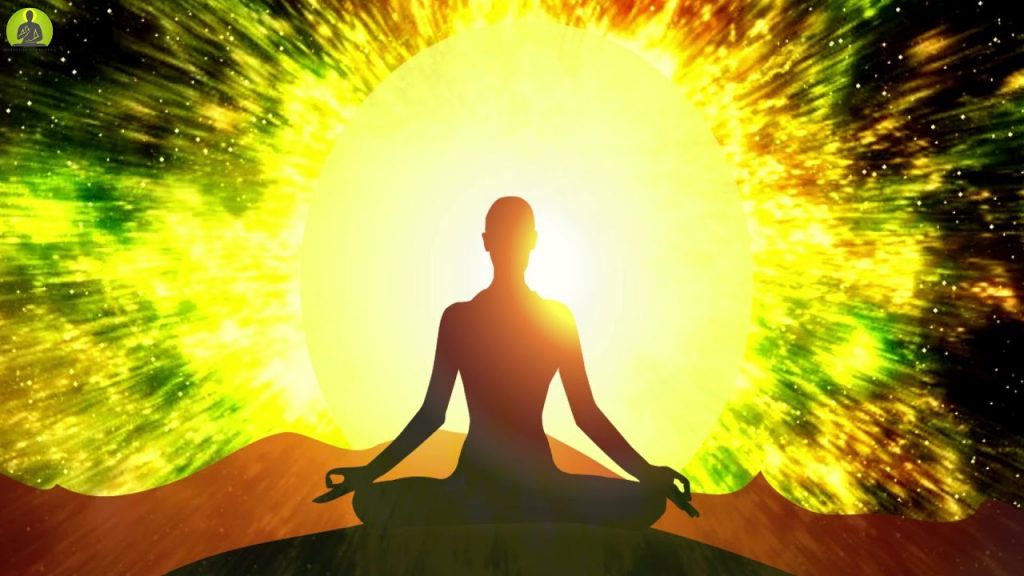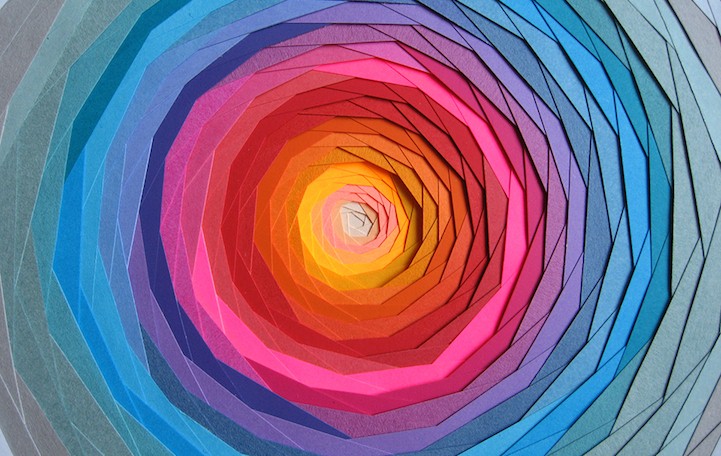Most of us misunderstand brain and mind to be the same. Our brain is part of the visible, tangible world of the body and our mind is part of the invisible, inspirational world of thoughts, feelings, attitudes, beliefs and imaginations. The brain is the physical organ most associated with mind and consciousness, but the mind is not restrained to the brain alone. The intelligence of our mind permeates every cell of our body besides the brain cells. Our mind has incredible power over all bodily systems. We can do wonders if we learn to use the power of our mind. Did you know that our mind is multi layered?
I love this quotation by Isabel Allende it is awesome: “We don’t even know how strong we are until we are forced to bring that deep hidden strength forward. In times of tragedy, of war, of necessity, people do amazing things. The human capacity for survival and renewal is awesome”.
The biggest truth of our life is that we are the product of our thoughts; think what you want, think what you want to be and you shall become. What thoughts run in our mind becomes part of the manifestation of our destiny. We waste a great time in our life misusing the power of our mind. Not everyone believes in the avid power of their thoughts. They brush it off while thinking of the past or fearing the future, not quite understanding that the very things that they are thinking about, they are inching closer towards.
- Transformation takes place in the mind, not the brain: Our Mind is layered deeply. The seven layers of human mind have been explained by Upanishads by comparing them with the ‘Seven Horses of the Sun ‘. In the deep layers of our mind, as proposed by our Sages, the first layer connects us with the outer world. It called conscious mind. Every thought, choice, planning etc that arises in our brain is only because of the support of our conscious mind. In fact, every action, thought or desire that is arising in us in this very present moment is also getting possible due to our Conscious Mind.
- The second layer is called subconscious mind. The thoughts we have in this current moment get stored in our subconscious mind even after this moment passes. For example, if someone hurt us, labels us with some unwanted tag, our reaction to it will be in the present moment. But even after that moment passes and even if we get busy in other actions, our reaction to that instance of cheating gets stored in our subconscious mind. We store all pleasant and unpleasant experiences in subconscious mind.
- The third layer is called unconscious mind. The unconscious mind is a reservoir of feelings, thoughts, urges, and memories which are outside of our conscious awareness. Most of the contents of the unconscious are unacceptable or unpleasant, such as feelings of pain, anxiety, or conflict etc. Our reaction towards others or their actions gets repeated by us in our thoughts or in our words in talking with others or if we continue to feel emotions of anger, sadness etc towards them, then these reactions and feelings of ours gets stored in our Unconscious Mind. The feelings gathered by us in our subconscious mind undergo a change in character and intensity at the level of our unconscious mind.
 4. The fourth layer of mind is called super conscious mind. When we are born, our birth is in a grand stage of a super conscious mind. The whole of consciousness here has a loving character and that is why we find that a child understands the language of love only. The super conscious mind is the aspect of consciousness which is limitless or “Infinite” in nature and which depending on any number of infinite possibilities concerning what you have been taught to believe. This quote by Anonymous describes super conscious mind so well. “The super conscious mind is soul, source, love, the authentic you. The subconscious mind is what you are. And the conscious mind is what you do.”
4. The fourth layer of mind is called super conscious mind. When we are born, our birth is in a grand stage of a super conscious mind. The whole of consciousness here has a loving character and that is why we find that a child understands the language of love only. The super conscious mind is the aspect of consciousness which is limitless or “Infinite” in nature and which depending on any number of infinite possibilities concerning what you have been taught to believe. This quote by Anonymous describes super conscious mind so well. “The super conscious mind is soul, source, love, the authentic you. The subconscious mind is what you are. And the conscious mind is what you do.”
5. The fifth layer of mind is called collective conscious mind. It is the set of shared beliefs, ideas, and moral attitudes which operate as a unifying force within society. In general, it does not refer to the specifically moral conscience, but to a shared understanding of social customs. At this layer of our mind, there is an intensity of the ethos, moral norms, values etc collected by us over our various births, believes Upanishadas. Their intensity cannot be changed. Our Collective Conscious Mind has the power of awakening in the divine presence. The deeper layers of our mind enable us to penetrate and experience the secrets of our infinite existence.
6. Sixth layer of our mind is called spontaneous mind. Spiritually our heart is known as our spontaneous mind; when this layer of our mind is awakened nothing can hold us back. It is formed only in the foundation of unselfish deeds and actions.
7. Seventh layer of our mind is called ultimate mind. The Zen expression meaning the Ultimate Mind is mind without mind and is also referred to as the state of “no-mindness”, when all identity with the mind is dropped. That is, a mind not fixed or occupied by thought or emotion and thus opens to everything. It is in this last layer of our mind where we get enlightened. It is also called our soul in the purest state, our union with God. The ultimate goal of all spiritual practices is to experience our own Godly Existence and here lies the value of reaching inside to our state of our Ultimate Mind.














































